The tariffs will be imposed provisionally from July under World Trade Organization (WTO) rules, and China has four weeks to provide evidence to refute the EU's tariffs on electric vehicles imported from the country of a billion people. This move comes after a nine-month EU investigation into Beijing's alleged unfair subsidies for battery electric vehicles (BEVs), making the bloc's electric vehicles less competitive, according to The Guardian on June 12 .
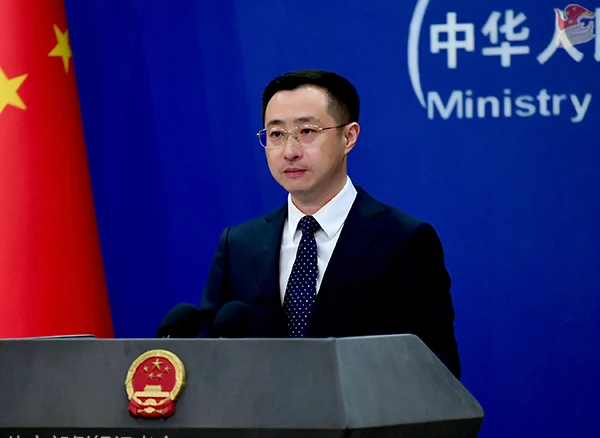
Chinese Foreign Ministry spokesman Lin Jian speaks to the media in China on June 11.
Ministry of Foreign Affairs of China
European Commission Vice President Margaritis Schinas said the results of the provisional investigation showed that car production in China benefits from unfair subsidies, posing a threat of economic damage to EU battery electric vehicle manufacturers.
The EU plans to impose five tariffs. Electric vehicle manufacturers that cooperate with EU investigators will face a 21% tariff, while those that do not will face the highest rate of 38.1%.
Responding to the news, Chinese Foreign Ministry spokesman Lin Jian called the EU's subsidy investigations "trade protectionism" and said Beijing would take all necessary measures to protect its rights and interests.
Mr. Kiem stressed that imposing tariffs on electric vehicles imported from China goes against the principles of market economy and international trade rules, adding that it harms China-Europe economic and trade cooperation, as well as the stability of the global automobile supply chain.
Earlier, US President Joe Biden announced a 100% tariff on electric vehicle imports, as well as a 25% import tax on Chinese lithium-ion EV batteries and battery components. Alicia Garcia-Herrero of the Bruegel consultancy (Belgium) said the EU's proposed tariffs were quite low compared to the US moves. "It is difficult to say whether the new move will protect Europe because the EU is unlikely to extend tariffs to batteries and components because the bloc's value chain is still young," Herrero said.
The issue of electric vehicle dumping is also a concern outside the EU, with many countries working to ensure that China does not dominate the world in electric cars and other green technology products, according to people familiar with the matter. The topic is expected to come up at the G7 summit in Italy on June 13, where EU leaders hope to convince other G7 countries to take steps to curb overcapacity in cars, steel, solar panels and other products.
Source: https://thanhnien.vn/eu-giang-don-thue-cao-len-xe-dien-trung-quoc-bac-kinh-doa-dap-tra-185240612174928616.htm




![[Photo] Prime Minister Pham Minh Chinh chairs conference on anti-smuggling, trade fraud, and counterfeit goods](https://vphoto.vietnam.vn/thumb/1200x675/vietnam/resource/IMAGE/2025/5/14/6cd67667e99e4248b7d4f587fd21e37c)



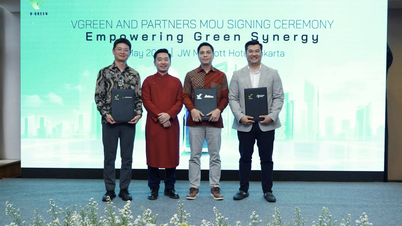





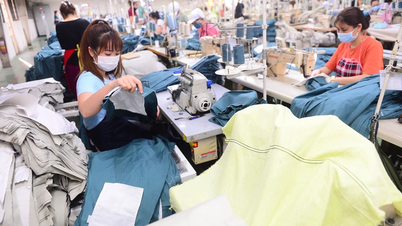

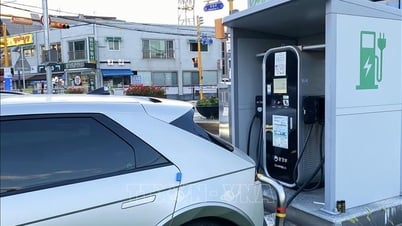





![[Infographics] Vietnam re-elected Chairman of the World Customs Organization's Standing Technical Committee](https://vphoto.vietnam.vn/thumb/402x226/vietnam/resource/IMAGE/2025/5/14/ae5e22967ce14621b808fd71d3308f63)
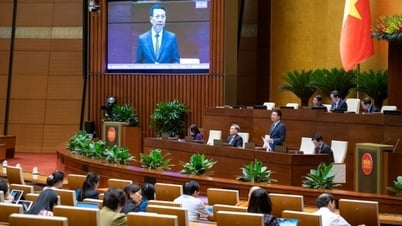
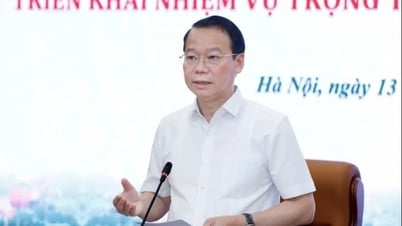









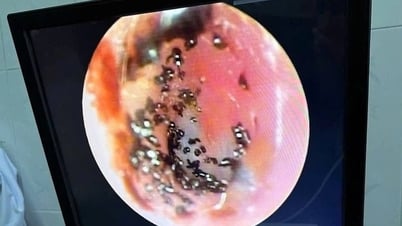


































































Comment (0)